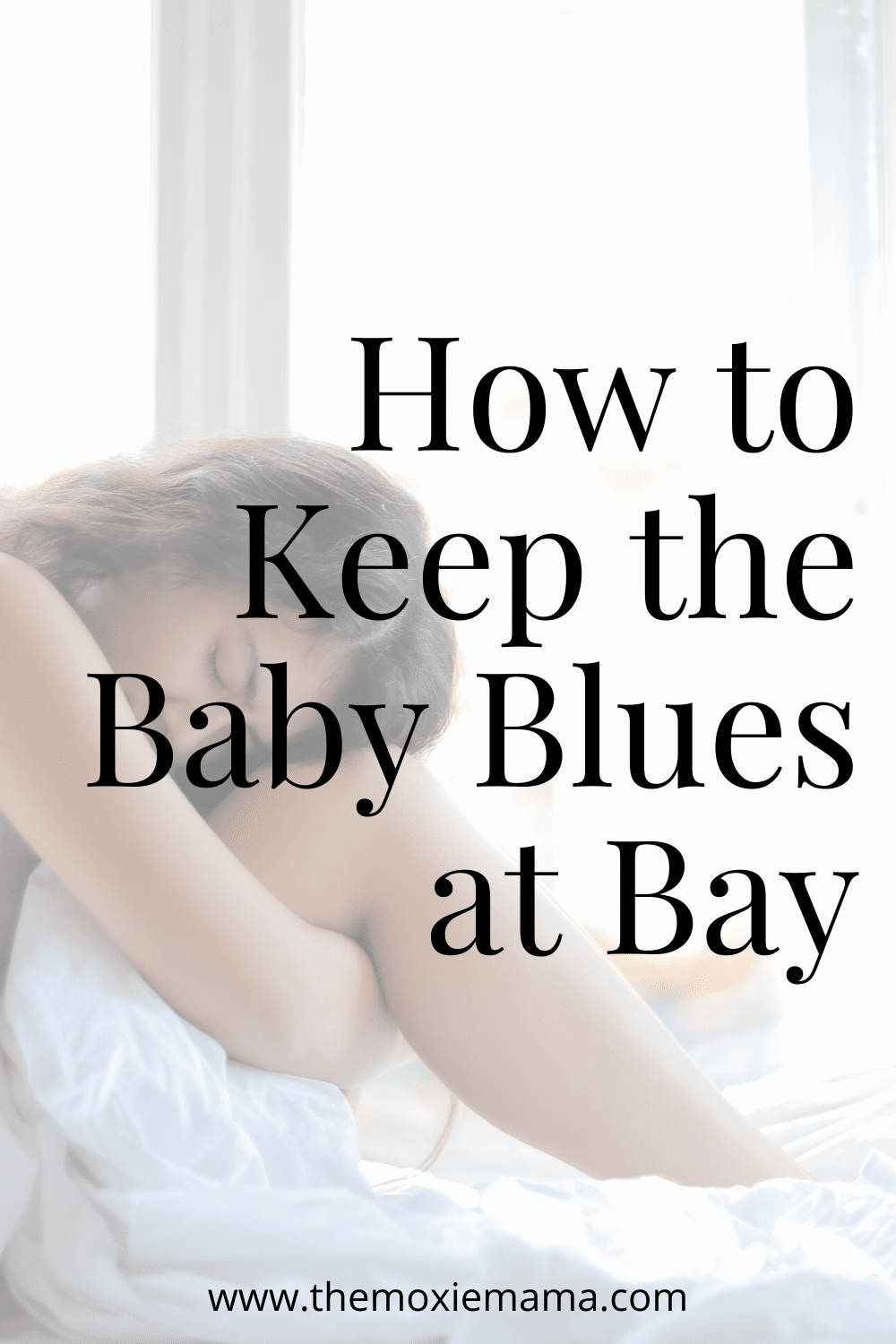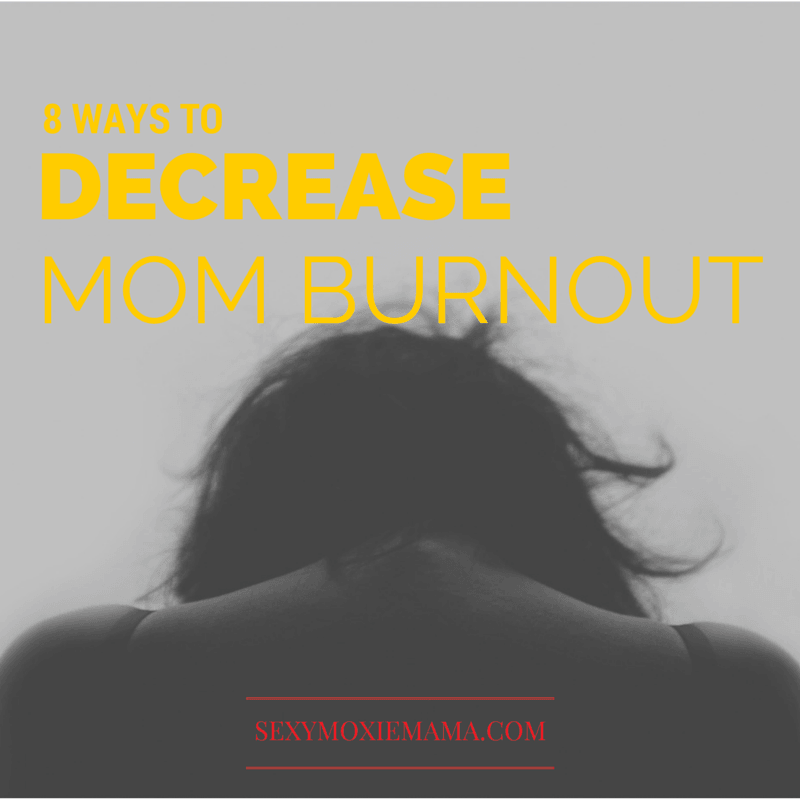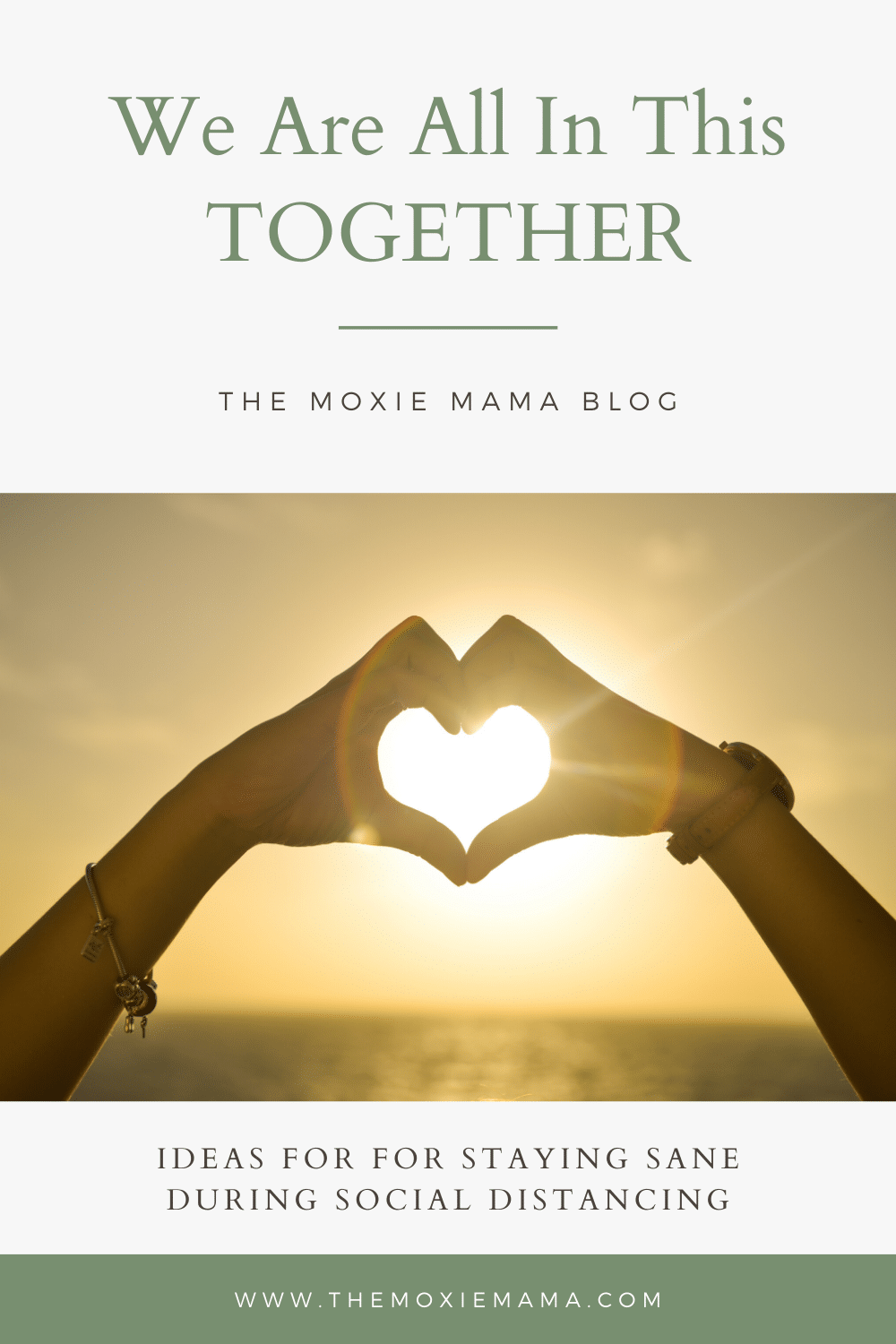
Having a baby can be both exciting as well as draining. Coming home with your baby can be an emotional time. After giving birth, you may feel a sense of anticlimax. Feeling of uncertainty when leaving the hospital, learning to care for this new little human, mourning the temporary loss of your free time, and dealing with lingering birthing physical pain can all add up.
Some mamas even, like myself, feel an overwhelming sadness that they aren’t pregnant anymore. After the birth of my baby, I desperately missed the feeling of having my baby inside me and feeling her familiar kicks and turns. I ended up crying for days over the fact that I was no longer pregnant and I would no longer be seeing my OB on a weekly basis.
Luckily, these feelings are very common.
Postpartum blues, also known as the baby blues, are caused by the drastic drop in your hormone levels following birth and can affect up to 60 to 80% of new mamas. About three to four days after having your baby, your hormone level drops as your milk production begins causing symptoms like mood swings, anxiety, weepy, fear, or guilt. The baby blues can last anywhere from a few days to a few weeks after your baby is born.
Here are a few ways to help keep those baby blues at bay:
Shower daily. After waking up every two hours to feed your baby, it’s very easy to want to stay in bed all day. Make it a point to shower and brush your hair and teeth daily. Don’t be afraid to pamper yourself, you deserve it.
Get dressed. You just gave birth so it’s natural to be tired and not want to dress up. Try not to stay in your sleeping clothes all day. Put yourself in something comfortable—even if it is just a clean pair of yoga pants and a t-shirt— that makes you feel good about yourself. Getting yourself ready for the day can often make you feel empowered and energized.
Rest. Rest as much as possible the days and weeks after bringing your baby home. You’ve gone through a major life changes by carrying a baby for nine months, hours of labor and delivery, and decreased sleep. Try to keep your days and nights as low key as possible and rest when you can. The more you rest now, the easier the next weeks and months will be on your mind and body.
Bond with baby. The first couple of weeks after giving birth should be devoted to the health and comfort of you and your baby. Caring for and bonding with your newborn is one the most important periods after your baby is born. Rocking your baby to sleep, stroking her back, feeding her, and touching her skin helps with the bonding process.
Eat well. When taking care of a newborn, it’s so easy to forget to eat heathy meals. Eating healthy, fresh foods daily can help to keep your blood sugar up, regulate your moods, and help with milk production. If you aren’t up for preparing meals for yourself, order take out or ask a friend or family member to prepare a few meals for you. Here is a list of must-have foods for new moms.
Take a walk. Physical activity along with a little sunshine is an amazing way to beat those baby blues. Short walks, even just around the block, can help boost your mood. If you feel up to it, you may even want to join a stroller walking group.
Nap. Be sure to take the age old advice “sleep when the baby sleeps.” Get in one to two naps a day to help calm your emotions and recharge your energy.
Communicate your feelings. Be sure that those people closest to you, like your husband and your family, understand how you’re feeling. Educate then on the baby blues and postpartum depression to help them understand what you are going through and help you to feel better through encouraging words, help around the house, or just allowing you some alone time.
Meet with friends. Meet with old friends or make some new ones. Joining a new mom’s group can often be very beneficial. Being around other new mom’s that are going through similar experience can help you feel not so alone in the first few weeks after having a baby.
Write in a journal. Many new moms find benefit in writing their thoughts and feelings down in a journal. Just being able to express your emotions can feel great. A journal can be your closest friend, and won’t judge you when you need to get your feelings out. Check out these 30 journaling prompts for new moms.
Leave the housework. For now, don’t rush to clean and cook. Spend time bonding with your baby and resting. Nobody will blame you for a few dirty dishes in the sink.
Limit visitors. Everyone wants to see your new baby, but now is not the time to be entertaining guests. At this time, it’s important to limit all visitors to close relatives, like grandparents. This help to keep your baby healthy by limiting potential exposure to germs and illnesses and helps you maintain a quiet environment.
Get help. Get help from a trusted and experienced person, like your mother or mother-in-law. She can help show you how to deal with a baby, how to calm your baby down, and help take care of baby. Don’t forget to also ask help from dad too.
Cry. If you feel that you want to cry, just cry. It’s natural and perfectly okay to have a good cry and to feel sad at this time.
Note: The baby blues are different from postpartum depression. If you are feeling severe anxiety, insomnia, restlessness, obsessive thoughts, or any violent feelings call your OB/GYN or midwife immediately.


